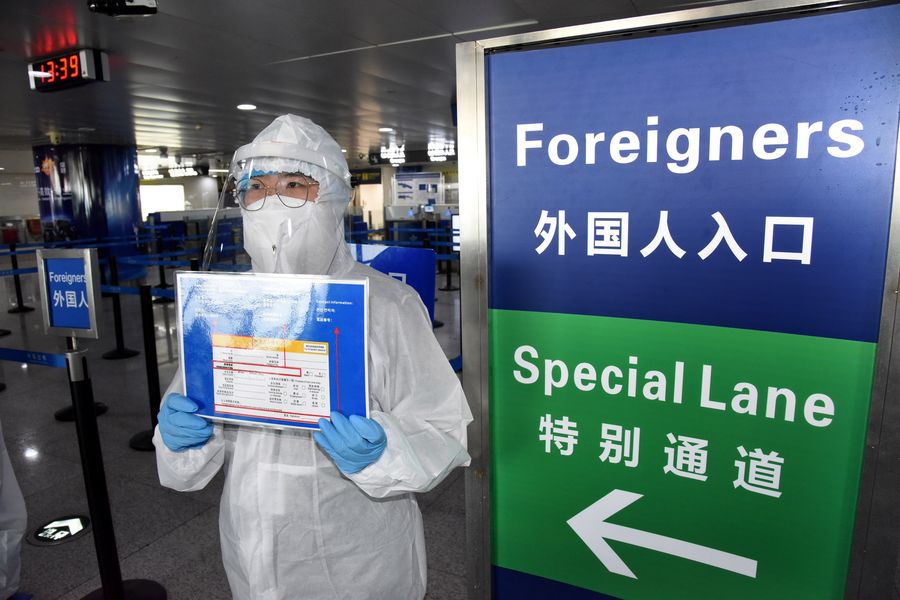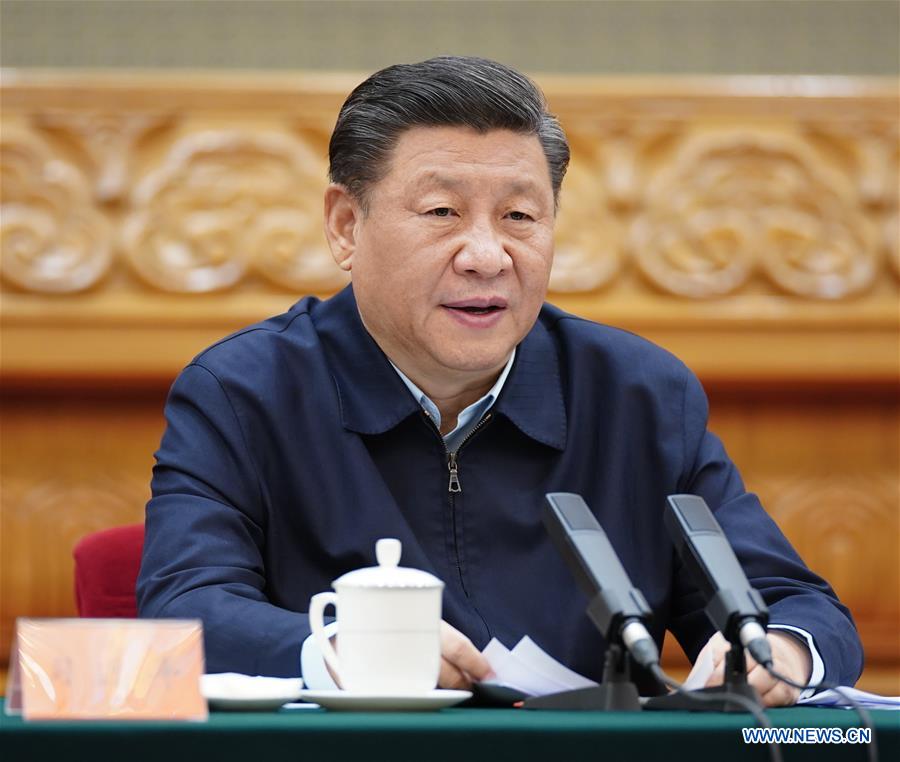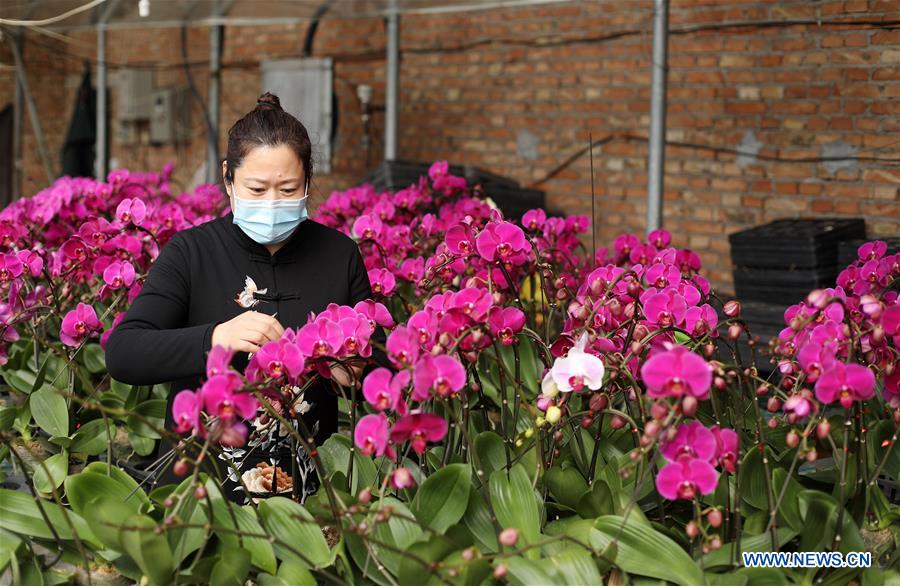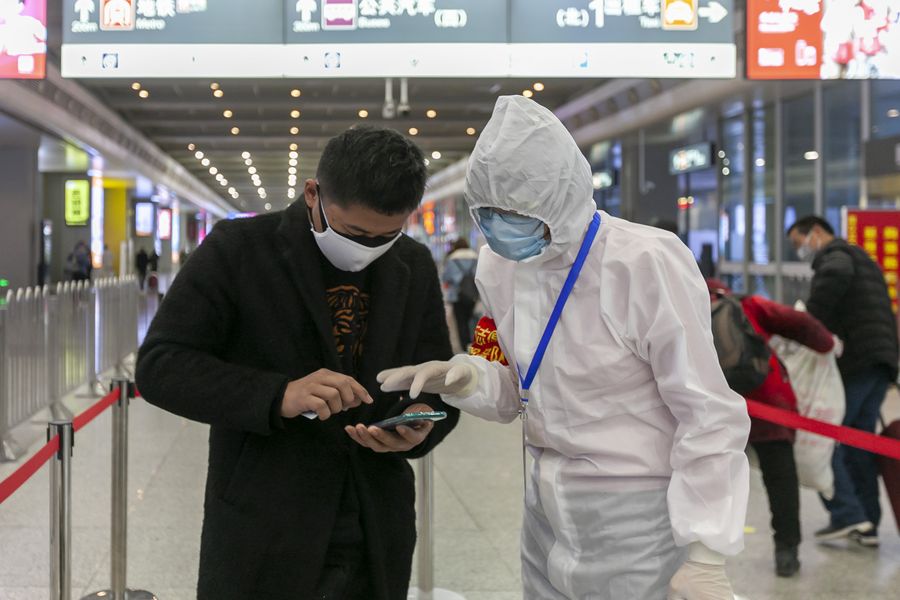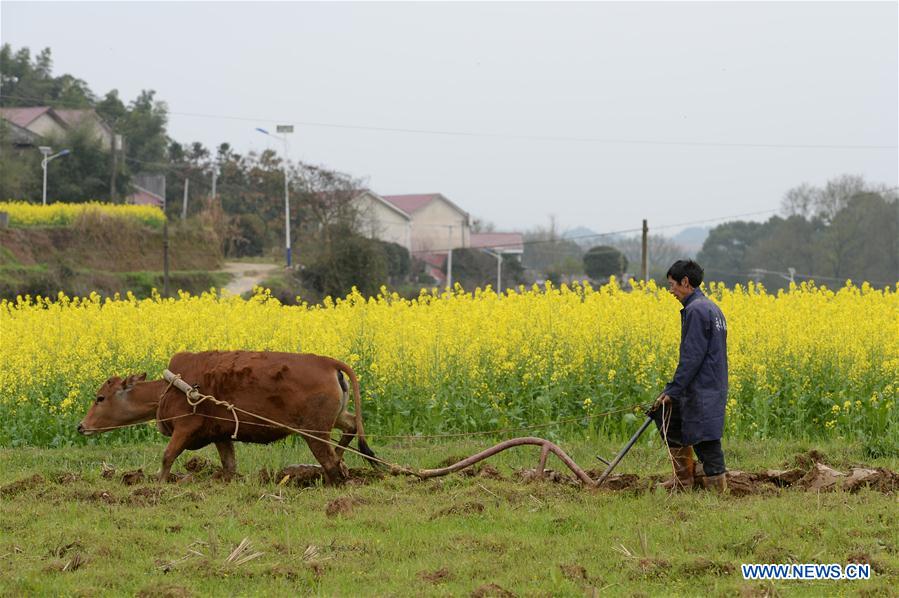While the novel coronavirus outbreak within China slows down, thanks to the sweeping measures put in place, alarming clusters of thousands of cases have turned up outside China. This has led to a surge in the number of imported cases. Therefore, China has taken a series of new steps to contain the reverse spread of the virus.
by Xinhua writers Yin Xiaosheng, Ma Yujie
HANGZHOU, March 6 -- With swift and solid efforts taken across the country over the past weeks, China has seen good signs in the number of new infections of the novel coronavirus.
The main battlefield of Hubei Province reported no new infections outside its capital city Wuhan, the epicenter of the epidemic, in over 24 hours for the first time on Thursday. But the rising imported cases from overseas has become the latest concern.
On Thursday, a total of 17 new coronavirus cases were reported on the Chinese mainland outside Hubei, of which 16 were imported cases. This has brought the overall cumulative number of imported cases on the mainland to 36, according to the National Health Commission.
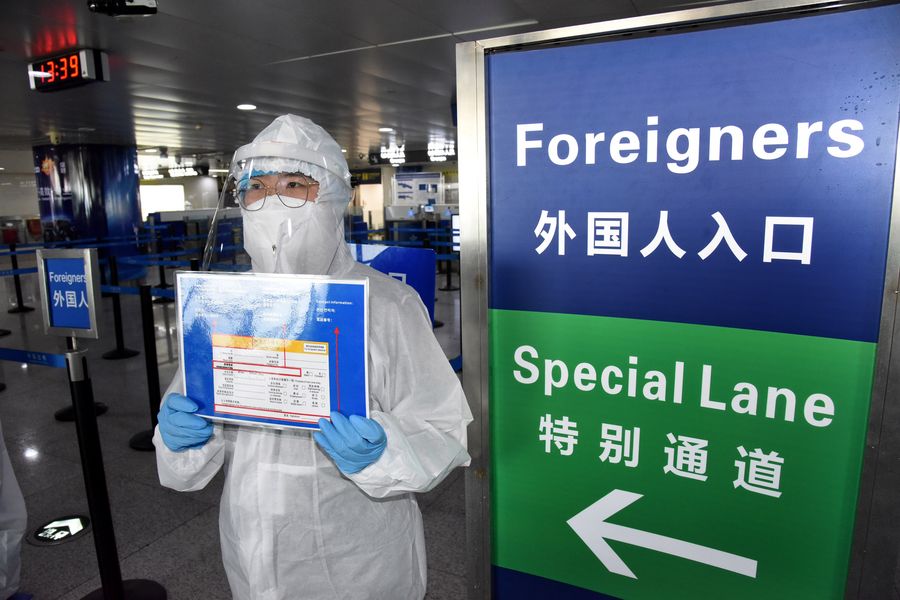
A staff member reminds foreigners to fill in an arrival card at Qingdao Liuting International Airport in Qingdao, east China's Shandong Province, March 5, 2020. (Xinhua/Li Ziheng)
East China's Zhejiang Province has reported 10 imported cases as of Thursday. Such cases have also been reported in Beijing, Shanghai, Gansu Province and Ningxia Hui Autonomous Region.
Health checks and quarantine measures have therefore been intensified for incoming travelers. For instance, Beijing and Shanghai municipalities, Shandong, Heilongjiang and Liaoning provinces have required all passengers from hard-hit countries to be quarantined for 14 days upon their arrival.
"Most of the inbound passengers are mainly returning overseas Chinese," said Peng Bo, deputy head of the leading group for epidemic prevention and control in Zhejiang.
"Information transparency is essential in epidemic control and prevention," said Peng, adding that they would be better prepared if the health status of inbound travelers could be shared in advance.

